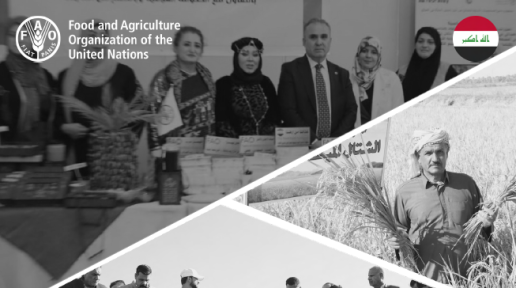Responsible Consumption and Production
Worldwide consumption and production — a driving force of the global economy — rest on the use of the natural environment and resources in a way that continues to have destructive impacts on the planet.
Economic and social progress over the last century has been accompanied by environmental degradation that is endangering the very systems on which our future development — indeed, our very survival — depends.
A few facts and figures:
- Each year, an estimated one third of all food produced – equivalent to 1.3 billion tonnes worth around $1 trillion – ends up rotting in the bins of consumers and retailers, or spoiling due to poor transportation and harvesting practices.
- If people worldwide switched to energy efficient light bulbs the world would save US$120 billion annually.
- Should the global population reach 9.6 billion by 2050, the equivalent of almost three planets could be required to provide the natural resources needed to sustain current lifestyles.
The COVID-19 pandemic offers countries an opportunity to build recovery plans that will reverse current trends and change our consumption and production patterns towards a more sustainable future.
Sustainable consumption and production is about doing more and better with less. It is also about decoupling economic growth from environmental degradation, increasing resource efficiency and promoting sustainable lifestyles.
Sustainable consumption and production can also contribute substantially to poverty alleviation and the transition towards low-carbon and green economies.
COVID-19 response

The current crisis is an opportunity for a profound, systemic shift to a more sustainable economy that works for both people and the planet.
The emergence of COVID-19 has underscored the relationship between people and nature and revealed the fundamental tenets of the trade-off we consistently face: humans have unlimited needs, but the planet has limited capacity to satisfy them. We must try to understand and appreciate the limits to which humans can push nature, before the impact is negative. Those limits must be reflected in our consumption and production patterns.
COVID-19 can be a catalyst for social change. We must build back better and transition our production and consumption patterns towards more sustainable practices.
Source: https://www.un.org/sustainabledevelopment/sustainable-consumption-produ…















